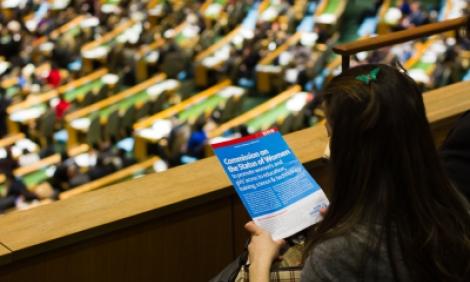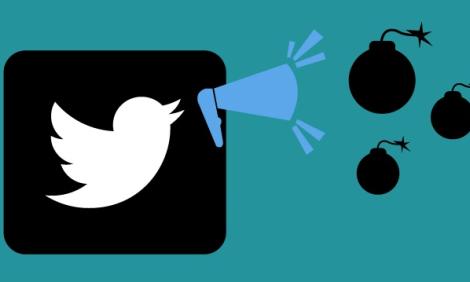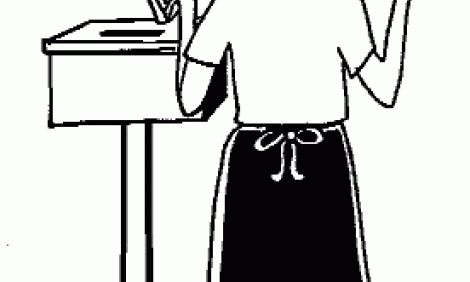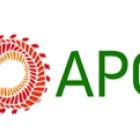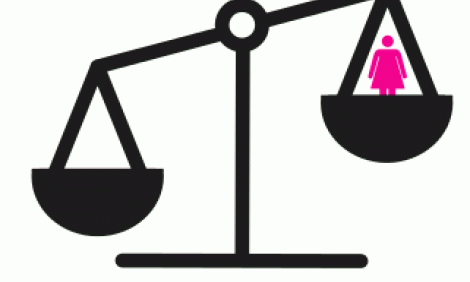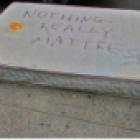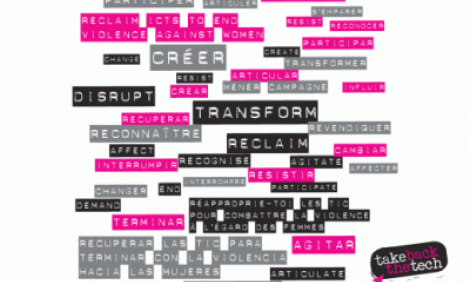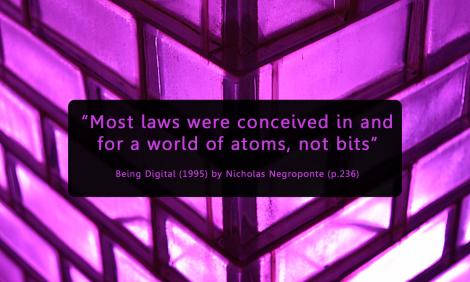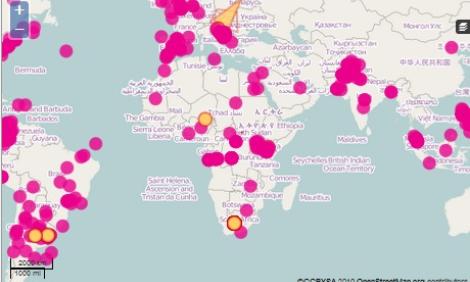In depth
Joanne Sandler: “Links between Section J and patriarchy need to be high on the agenda of feminists worldwide”
By Lamia Kosovic
In depth
Time to update the Section J on women’s real needs
By Bianca Baldo
Twenty years after the Beijing Declaration and Platform for Action and the specific elaboration of Section J on women and the media, the review resolution does not reflect the impact that ICTs have proven to have on women’s lives, as a means to dramatically advance or hinder women’s rights. In this interview by Bianca Baldo for GenderIT.org, APC’s Jennifer Radloff and Sara Baker agree that we…
In depth
Of cultural controls and gender inequality: Talking about technology-related violence against women in Pakistan
By GenderIT.org
In depth
How technology issues impact women’s rights: 10 points on Section J
By APC
To that…

